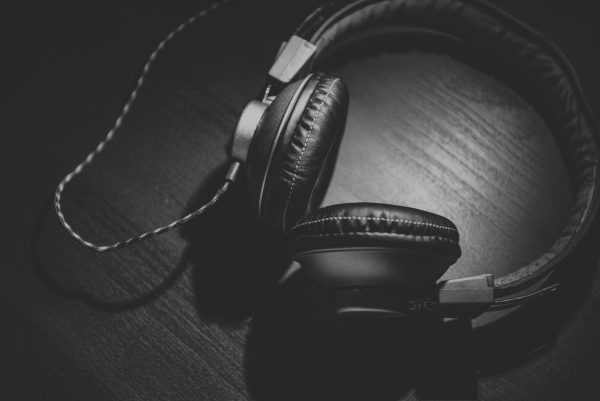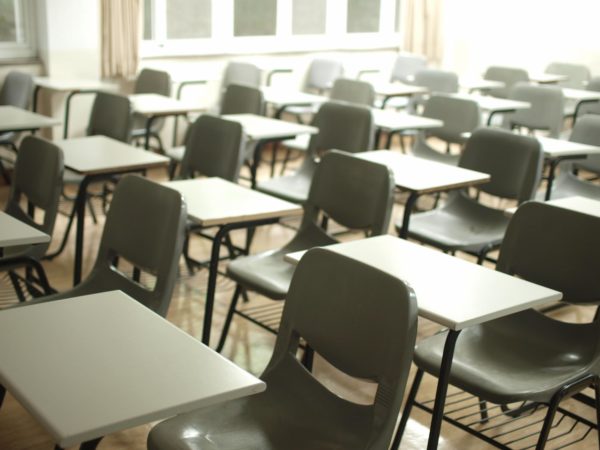Sleep Deprivation: Part of the Ward Melville Culture?
November 25, 2015
It’s 5:45 A.M and the alarm clock buzzes. The room is dark, disorganized, and discombobulated. An exhausted, groggy, and frustrated teenager battles with the snooze button until the inevitability of the school day cannot be ignored.
Before long, the student is sitting in a first period classroom. A teacher’s voice drones on for about forty minutes, but all the student can think about is battling sleep. Eventually, the teenager gets some energy sometime around fourth or fifth period. The rest of the school say passes quickly, followed by a few hours of extra-curricular activities. Some time around five p.m., the student finally has the chance to start another day’s worth of homework. Around 10 p.m., he or she has a coke, and continues working. It’s 1:00 A.M.; the student finally shuts the textbook and sets their alarm for 5:45 A.M.
It is recommended that high school students get approximately eight to ten hours of sleep each night. Sleep is a critical body function that enables us to perform at optimal levels of life. While the exact purpose of sleep is still contested, sleep deprivation can lead to sub-par performance on exams, irritability, caffeine addictions, and danger behind the wheel. Without sleep, teens can feel depressed, overwhelmed, and vulnerable. They can begin to forget things like important deadlines, or even social events. But in a school where the above scenario is a daily routine for many, the entire pro-sleep argument almost seems comical.
Parents are constantly admonishing our sleeping habits. Teachers are frustrated with the listless expression on students’ faces during class. While it is true that high school is stressful enough without the added question of compromised sleep, students don’t have many options. Their schedules are packed with clubs, sports, work, and standardized testing, as well as regular coursework. With college applications looming on the horizon, it feels as if nothing can afford to be compromised, except for sleep.
For Junior Arianna Ferretti, late nights are the norm. She states, “It is pretty bad studying late night before a test. The real torture is from 10-12 P.M., when all you want to do is sleep, but it gets better from 1-3 A.M. because your body wakes up again.”
I know there isn’t much students or faculty can do about the situation. Ms. Linda Bergson, Chairperson of Guidance stated that a few years ago she “was part of a committee that looked into a later start time, but there were too many factors that precluded that.” Similarly, less homework would also help, but this calls into question sacrificing course rigor quality.
There is a lot of uncertainty about this whole situation. Yet, while it is often discussed, sleep deprivation is taken as an inevitable part of the Ward Melville culture. Perhaps awareness of the issue would help teachers be more relaxed with deadlines, or more lenient when students are running a bit late to school.
Writing this has made me realize another layer to the arguments: a lot of the overwhelming and frustrated feelings myself and my peers experience can be attributed to strained emotions due to lack of sleep. In a utopian of version Ward Melville, where everyone gets enough sleep, would people be happier with themselves and with each other? Would students be able to cope with stress better? Would high school be a better experience?













